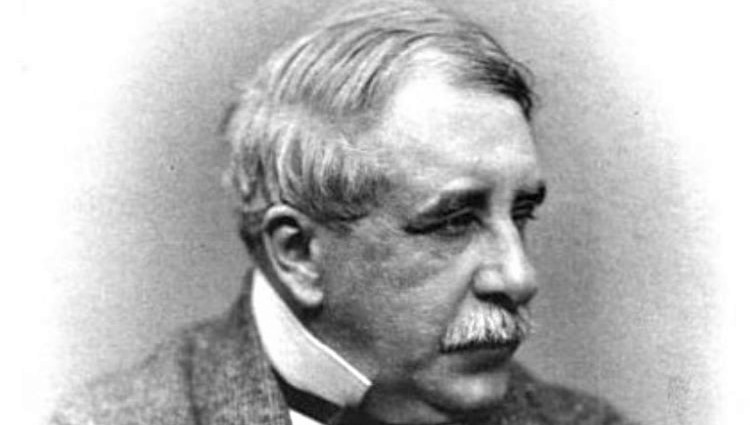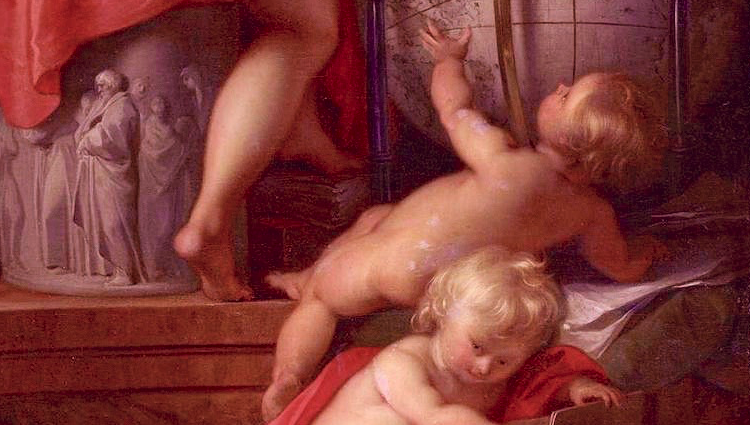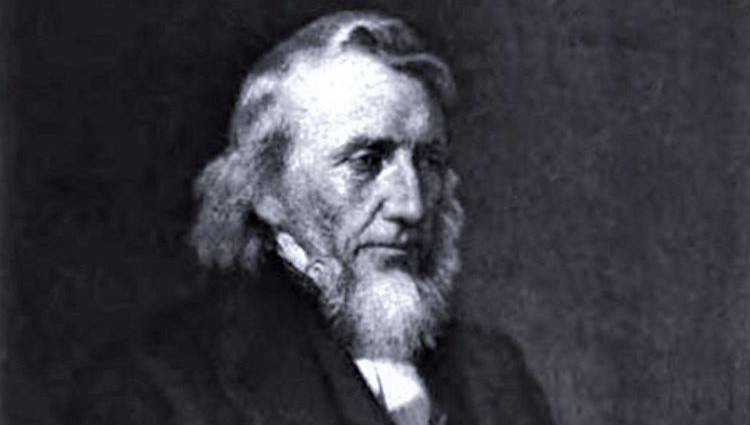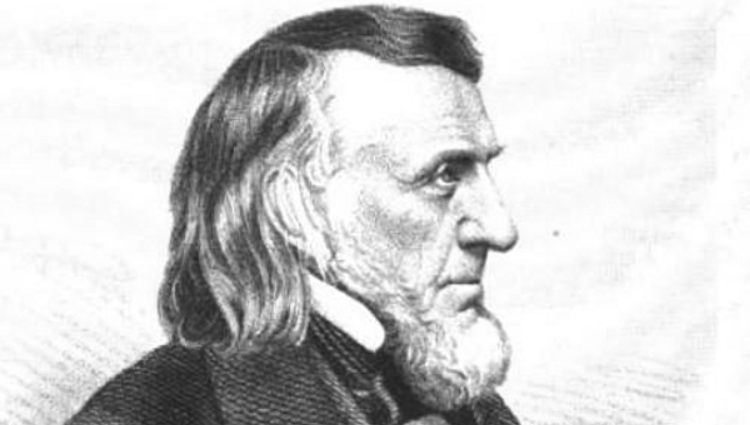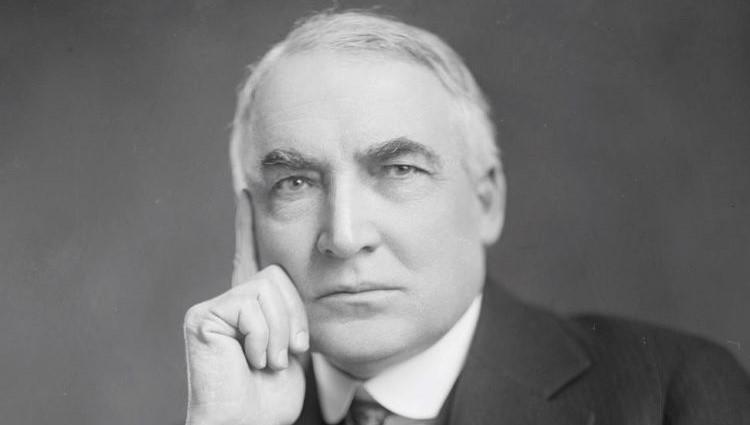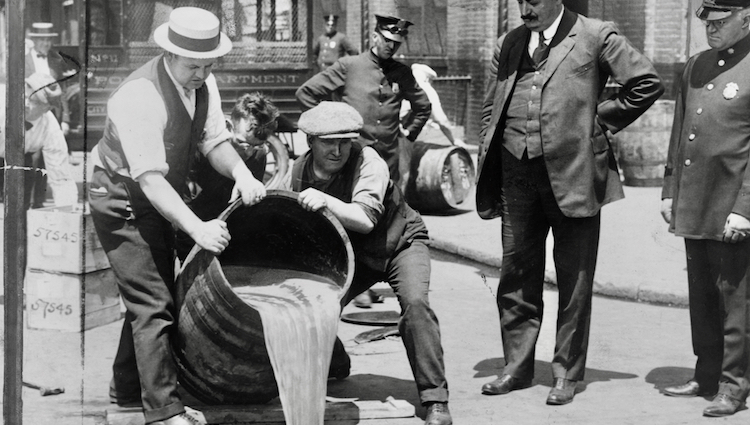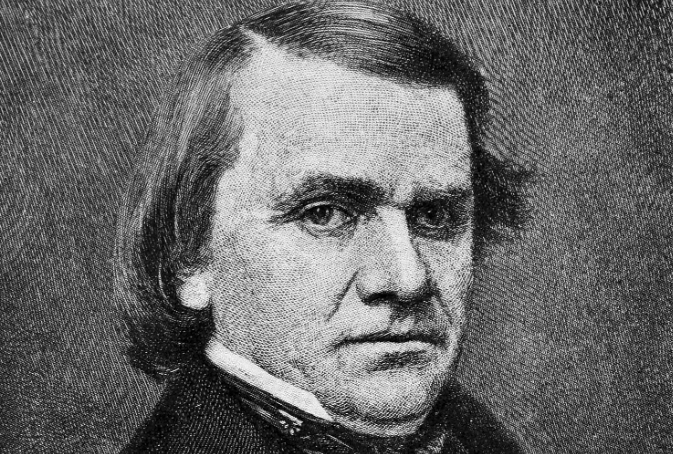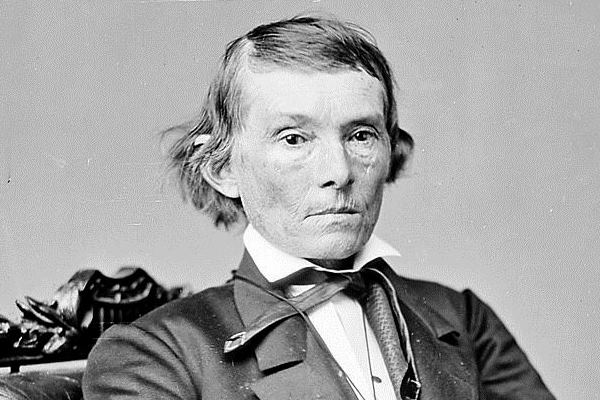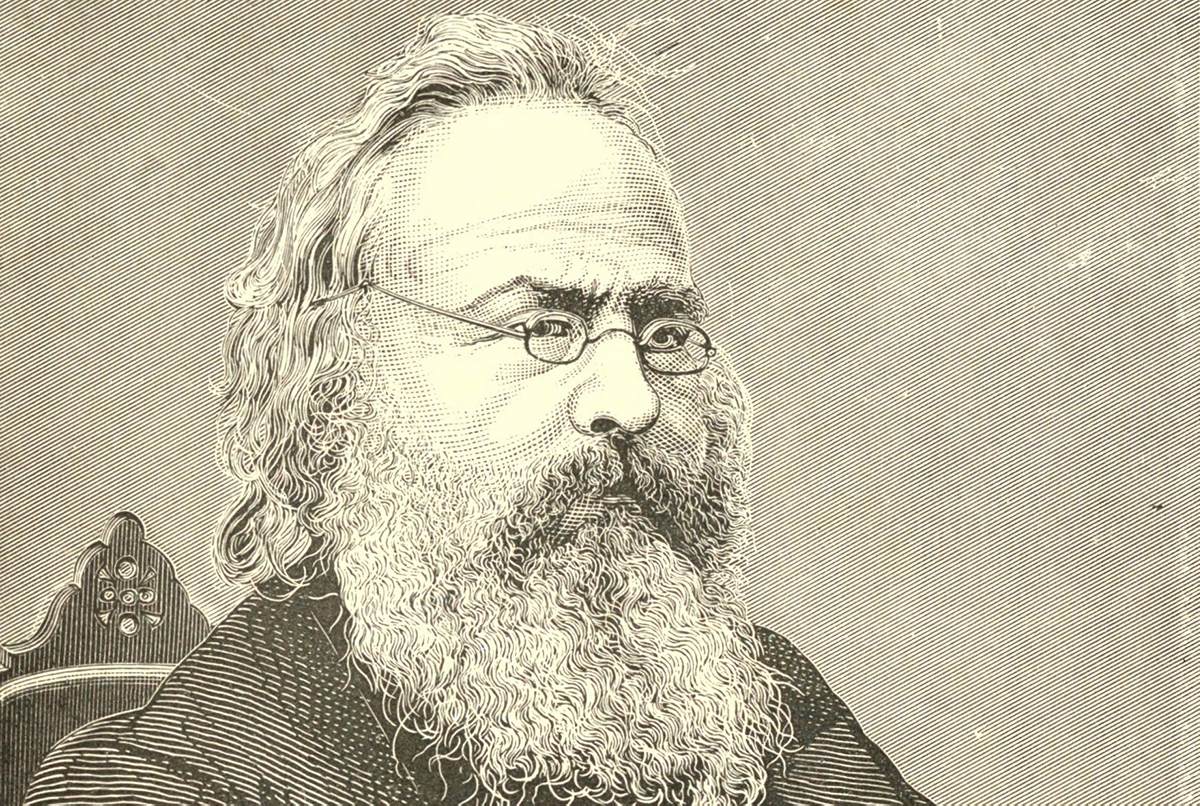The Tory Interpretation of History
In Whig narratives, the art of history becomes therapy, telling readers that they are good, everything works out in the end, God is on their side, and all moral and material progress leads to them. Tory history, however, tells a different story. For Tories, life is complex, chaotic, often contrary, sometimes ends badly, and demands [...]


